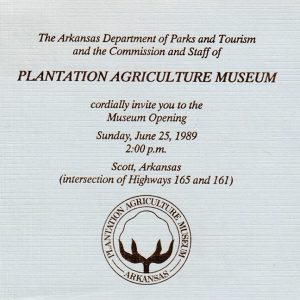 Plantation Agriculture Museum Invitation
Plantation Agriculture Museum Invitation
Race and Ethnicity: White - Starting with P
 Plantation Agriculture Museum Invitation
Plantation Agriculture Museum Invitation
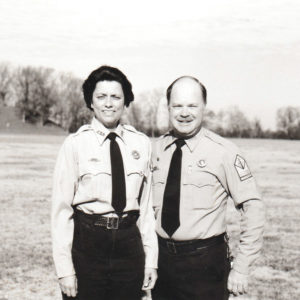 Plum Bayou Mounds Park Personnel
Plum Bayou Mounds Park Personnel
Plum Point Bend, Engagement at
Plummer, Samuel
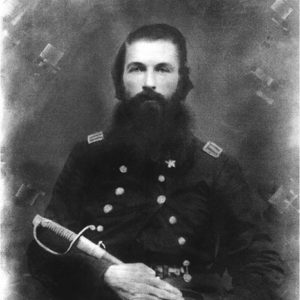 James T. Poe
James T. Poe
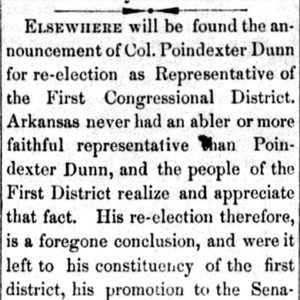 Poindexter Article
Poindexter Article
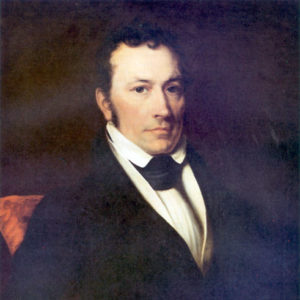 Joel Poinsett
Joel Poinsett
 Point of Grace
Point of Grace
Poland Committee
aka: Select Committee to Inquire into Conditions of the Affairs in the State of Arkansas
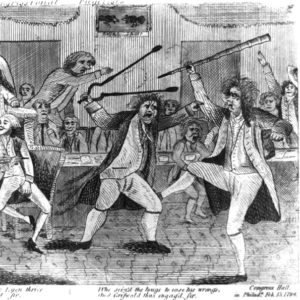 Political Cartoon of Brawl
Political Cartoon of Brawl
Political Equality League
Polk Brothers (Lynching of)
Polk County Draft War
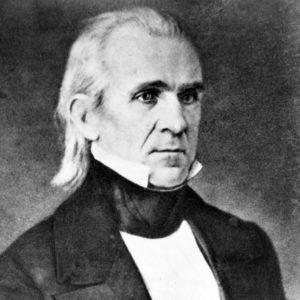 James Polk
James Polk
Polk, Leonidas
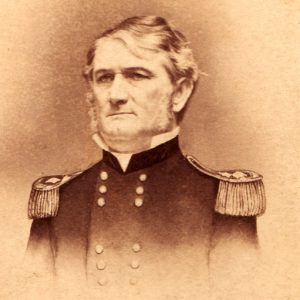 Leonidas Polk
Leonidas Polk
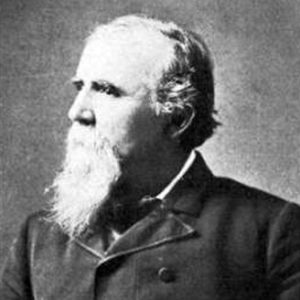 Lucius Polk
Lucius Polk
Polk, Lucius Eugene
Pollan, Carolyn
Pollard, Odell
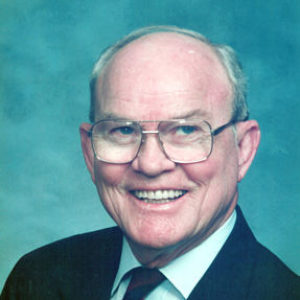 Odell Pollard
Odell Pollard
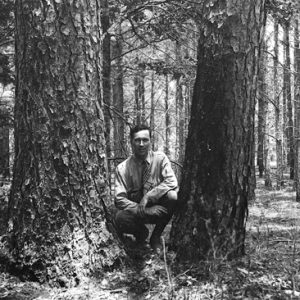 Les Pomeroy
Les Pomeroy
Pomeroy, Leslie Klett (Les)
Pope-Noland Duel
Pope, John
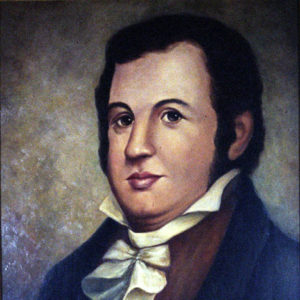 John Pope
John Pope
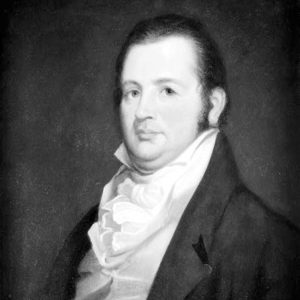 John Pope
John Pope
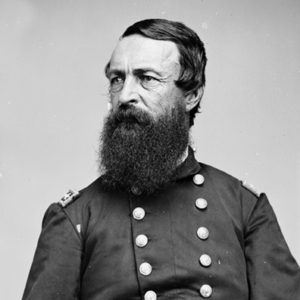 David Porter
David Porter
 Jim Porter
Jim Porter
 Jim Porter
Jim Porter
Porter, Jim Skillern, Jr.
Porter, Ray Edison
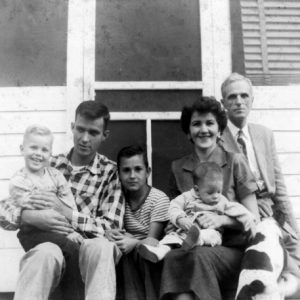 Charles Portis's Family
Charles Portis's Family
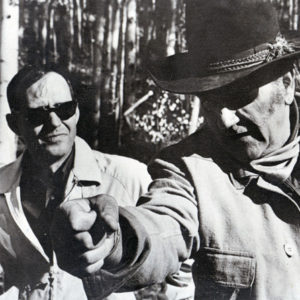 Charles Portis and John Wayne
Charles Portis and John Wayne
Portis, Charles McColl
 Joseph Vorst's Post Office Mural
Joseph Vorst's Post Office Mural
 Pot Luck and Poison Ivy
Pot Luck and Poison Ivy
Potts, John Kirkbride
 Dick Powell Music
Dick Powell Music
Powell, Dick
aka: Richard Ewing Powell
 Dick Powell
Dick Powell
Powell, Dwane
 Powell, Hall, and Burns
Powell, Hall, and Burns
Powell, James Ormond
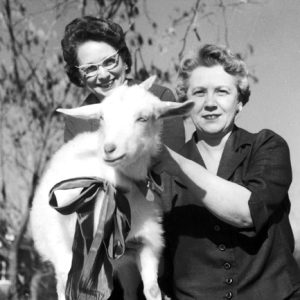 Mary Powell and Mickey Davis
Mary Powell and Mickey Davis
 Maxine Powell
Maxine Powell
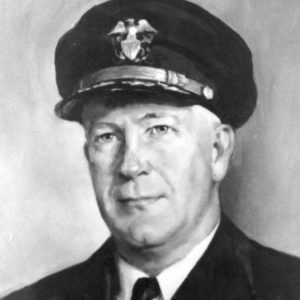 Morgan Powell
Morgan Powell




